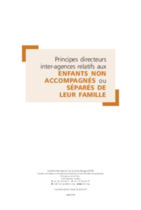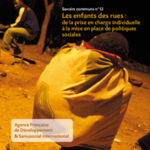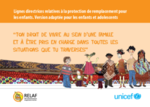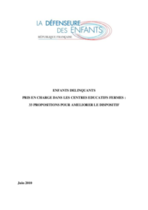Les frontieres de l'enfance - Un réseau au service des enfants et des familles en Afrique de l'Ouest (RAO)
Une immersion au sein du Réseau Afrique de l'Ouest (RAO) pour la protection des enfants en Afrique de l'Ouest). Ce réseau prend en charge individuellement les enfants vulnérables entre les 15 pays de la sous-région pour les réintégrer socialement et professionnellement.





